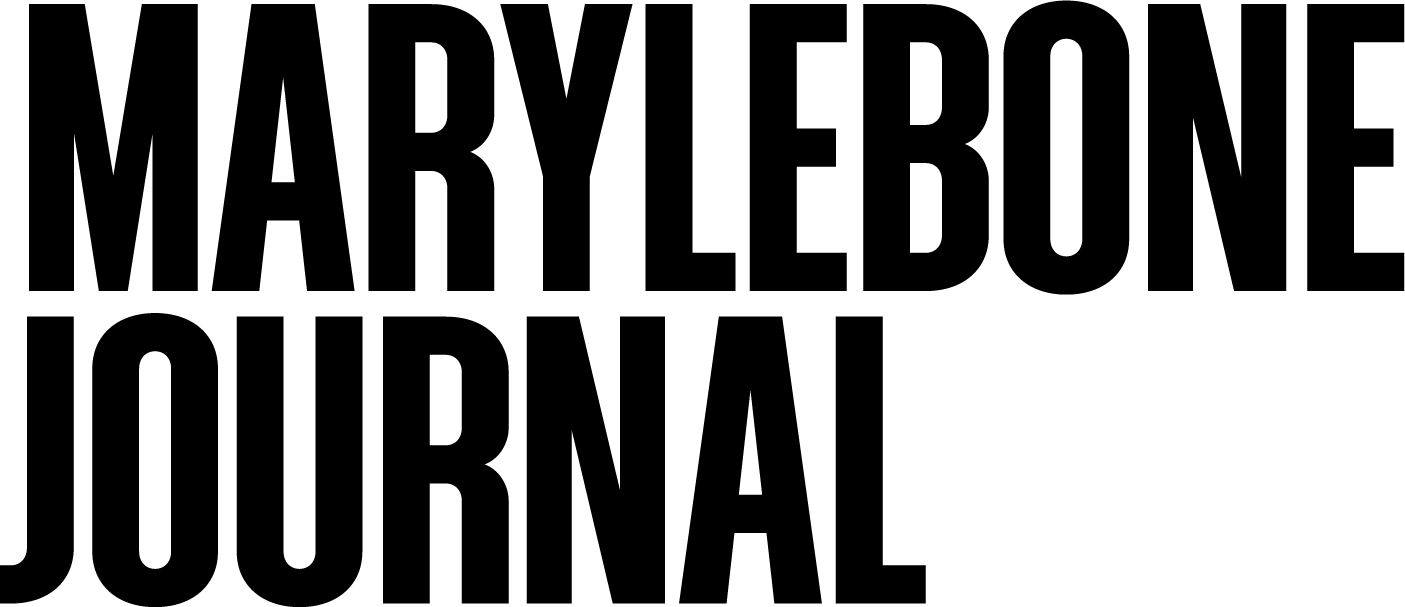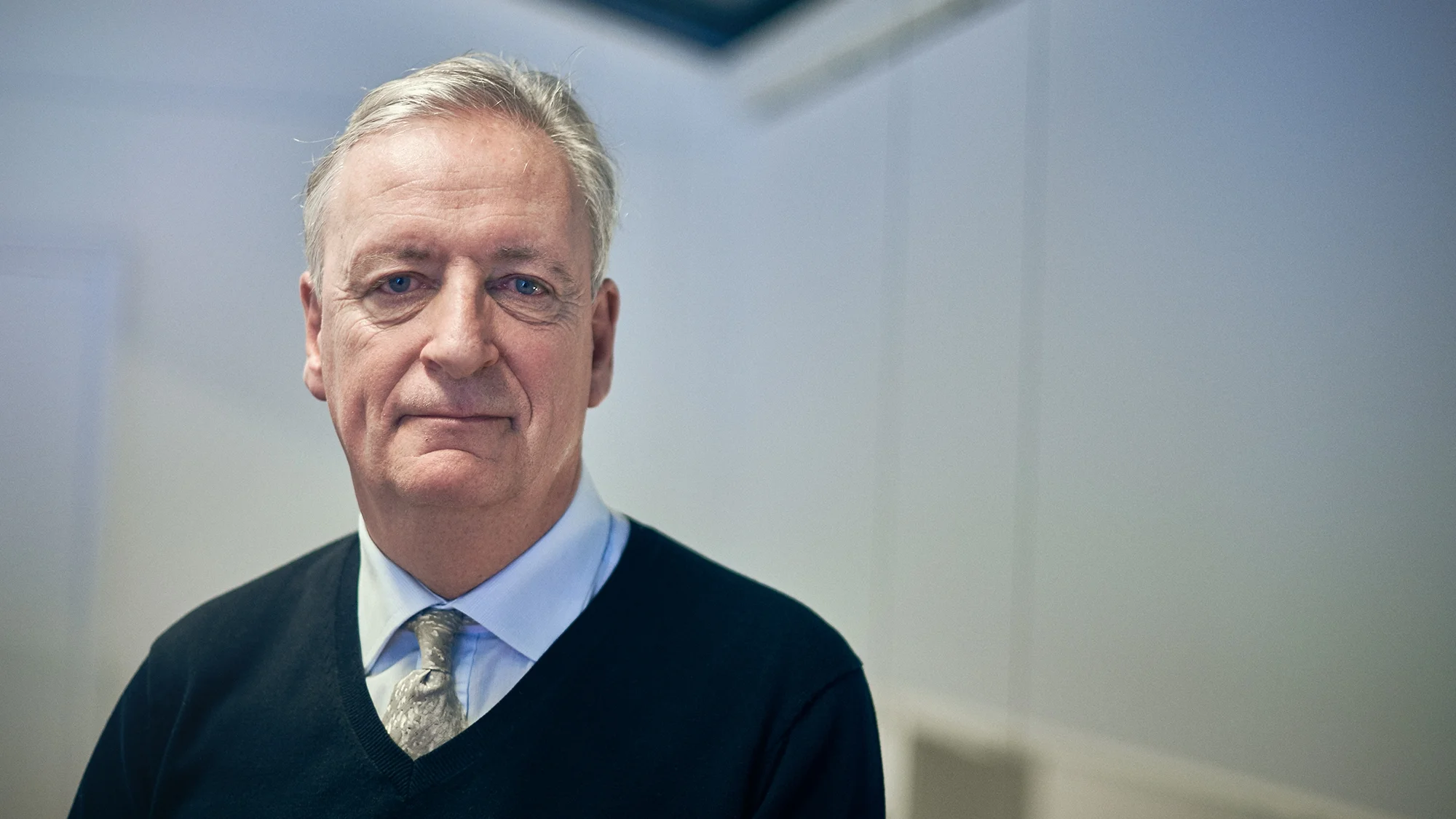GLOBAL VILLAGE
Andy Hill, headteacher of EIFA International School London senior school, on building confidence, instilling cultural intelligence and promoting local understanding
Interview: Jean-Paul Aubin-Parvu
Portrait: Christopher L Proctor
When I was 16, my school in Liverpool held a careers week and you could choose whatever you wanted to do. I lived opposite an orphanage, where lots of my mates were from. It had a school attached and I decided that I’d have a go at being a teacher there. They put me in for a week as a teacher’s assistant and I loved it—just loved being with the kids and teaching them football and story writing.
After qualifying at the University of Leicester, I taught for three years on a famously tough estate on the edge of Northampton. My wife was also a teacher, and the pair of us had started to get into skiing. We looked at each other one night and said: “Suppose we lived somewhere where we could ski every weekend and every holiday?” We eventually decided on Milan.
In 1982 we sold our house and all the contents—we even auctioned a cheese plant—then went to Milan to ski until we ran out of money. Across the road from where we were staying was The International School of Milan, which was full of Italian kids learning in English. We wandered into the school the same day they’d lost a primary school teacher and the sports teacher, so we both walked into jobs—literally. We stayed for 10 years and bought a house across the border in France. Our son was born there.
A kid from Liverpool
I continued to live and work abroad for the next 20-something years. I was head of a bilingual junior school in Atlanta, was the only Brit at the American School of Paris, ran the Antwerp British School, and was principal of the International Academy of Kuwait. I also spent several years working as a school inspector for the Council of International Schools. I went all over the world—a kid from Liverpool, in Kazakhstan three times a year; Latvia just months after they’d gained their independence from the Russians; Saudi Arabia; all over the place.
I became headteacher of EIFA International School London senior school in January 2017. It was founded as a bilingual school (English-French), which continues up until our students are about 14. From 14 to 18 it’s a traditional international school, working towards international exams that all governments will accept.
One thing that makes us special is the size of the classes—they are very small. Another is our location. Marylebone is a small place in a big city. That’s something the parents love, whether they’re German, American, Latvian or any other nationality.
Cultural intelligence
There’s a lot of talk these days about cultural intelligence—how if you’re culturally intelligent in the workforce, you will advance further. If our students leave here highly culturally intelligent, my mission has been accomplished—and if they can speak a couple of languages even better, because it’s very hard to understand somebody’s culture if you can’t speak with them. You miss something. Although we don’t insist you’re bilingual, or even that you follow the bilingual programme (we can give you the international programme in English), we still emphasise the validity of having the ability to communicate in more than one language. We have a combination of International parents and local families.
Children from international schools are often hugely confident. They are put into all kinds of situations. If they’re an embassy kid, for example, they tend to move every two or three years, and it builds a huge amount of character. The young people graduating from here are as bright as those from any other good school, but they also have a confidence to take on the world that many other kids don’t.
When children move around a lot, often they can be in a city and know nothing about it. They don’t invest in the locality. So here, my job is to say to them: “Okay, what’s central London about? What’s Marylebone about?” We have children living these international lives, but while they’re here they should know as much as possible about their immediate surroundings and become part of the community.
Interesting and challenging
What I love most about the job is that it’s both interesting and challenging. If you do it properly, it’s the most positive job I can think of. For me it’s not stressful, because every day is different, and every child is different. Some kids are more challenging than others, but you always find something that you really like about them. That’s what makes it worthwhile. And I look for it. I’m a very positive person and will always try to find the best in each child.
I live literally about 500 metres from school. I inhabit the centre of London as if it were a village. I have my favourite pub, my favourite restaurant. My wife is a professor and travels between Nice, Monaco and London, but when she’s here we always do something different, taking advantage of everything London has to offer.
I usually go home to the south of France one weekend in two, but while I’m here I do a lot. The Everyman on Baker Street is my favourite cinema and I also love going to the Soho Theatre. I play tennis at Regent’s Park and do a lot of cycling—London is such an easy city to cycle in. I used to play a lot of football, but my knees have gone. Which team do I support? There is only one team in Liverpool: the team with all the trophies in the cabinet. That’s always a good one for the Everton supporters.
EIFA International School

